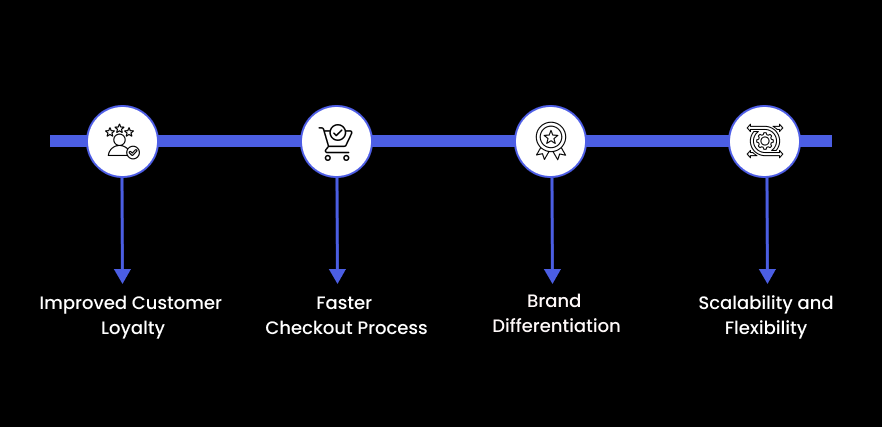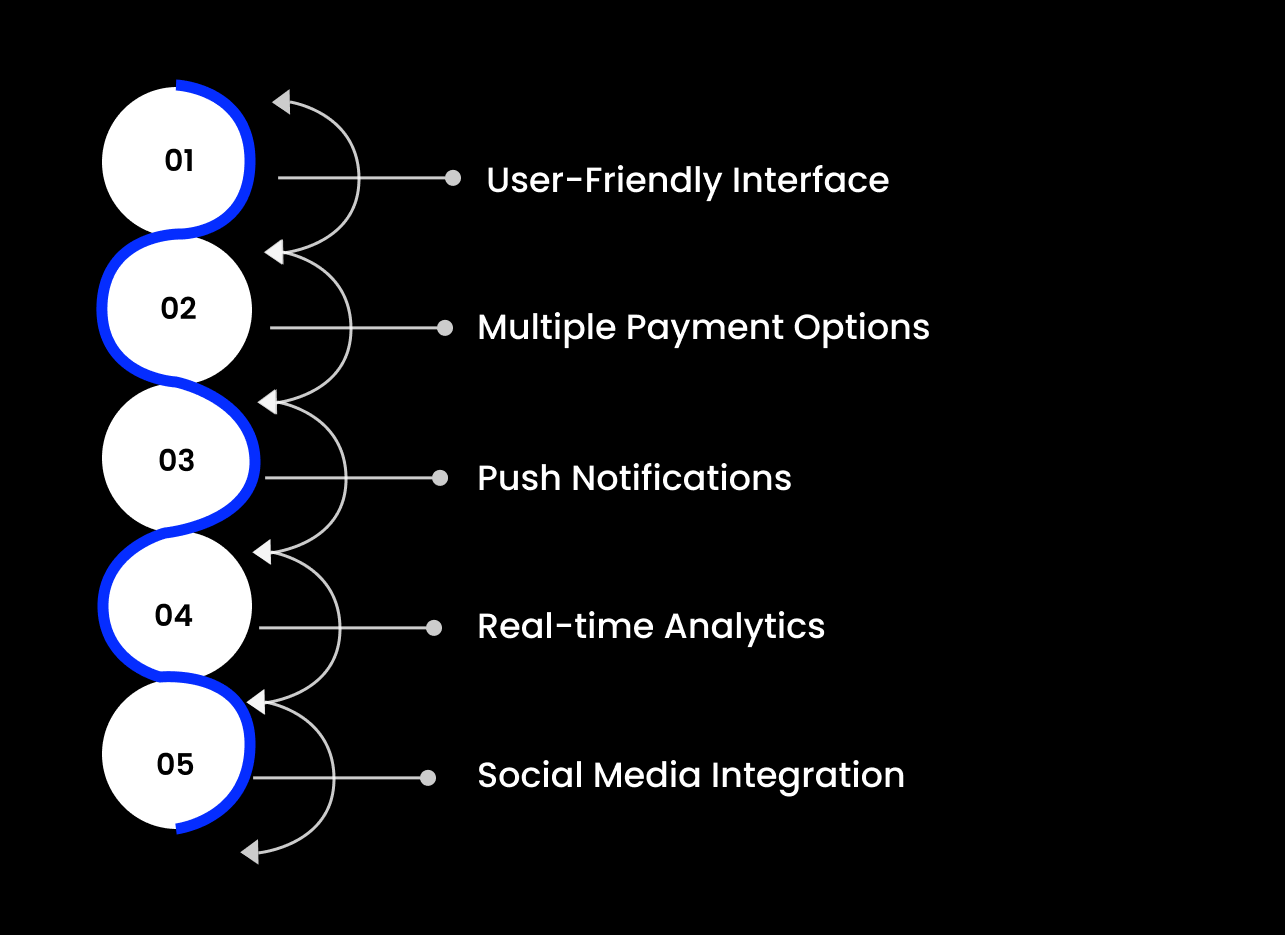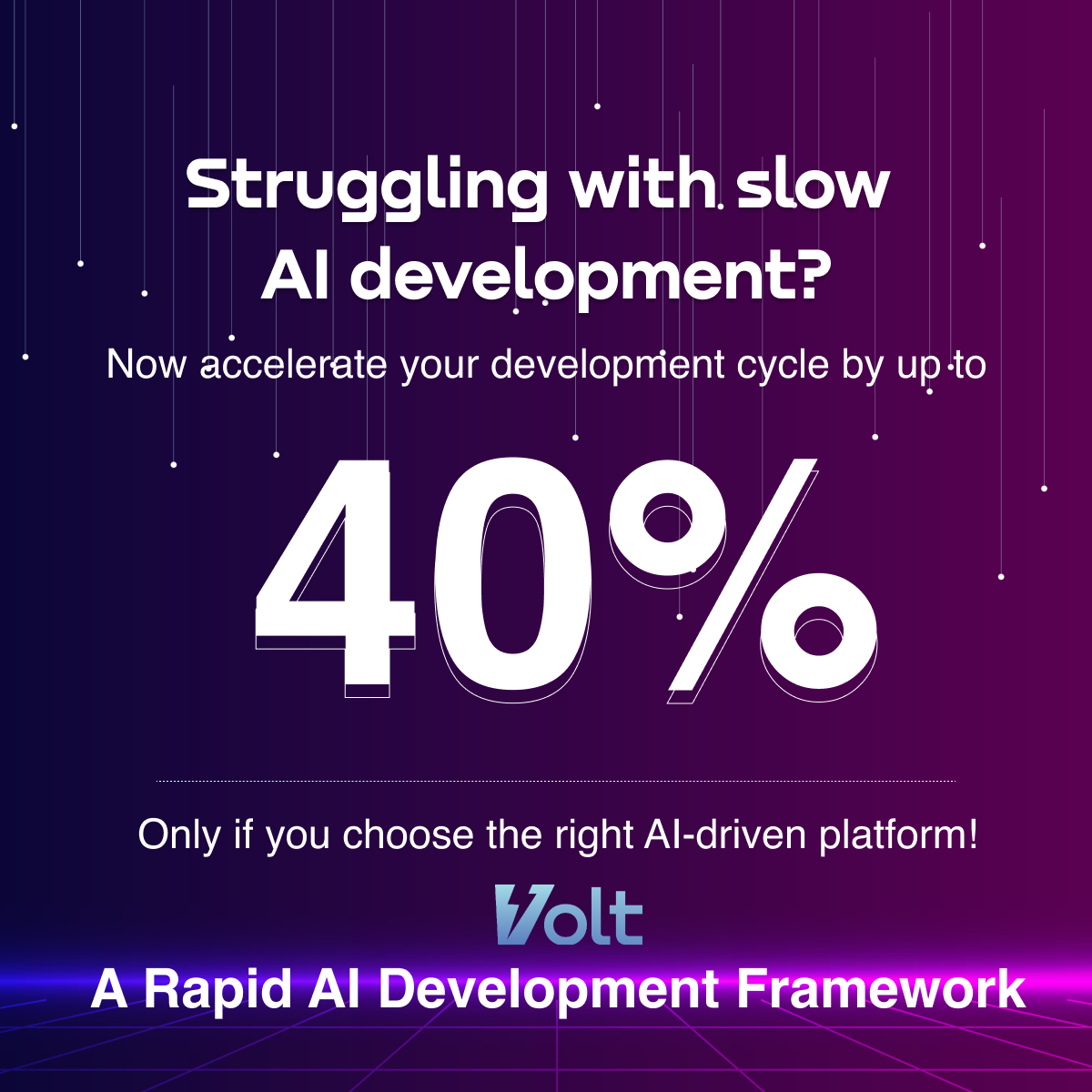Mobile App
How E-commerce App Development is Driving Growth in the Digital Economy
 Updated 10 Oct 2024
Updated 10 Oct 2024

It is a well-known fact that the modern world enchants the most served clients, providing the idea of buying from the comfort of their homes in the shortest possible time. According to a report, e-commerce app development had stepped up by 25% year on year in the first half of 2024 while the sessions were up by 13%. The global mobile e-commerce market is $4.94 trillion in 2024. Since 72% of sales are now coming from mobile devices, the market is projected to generate $7.9 trillion in sales by 2027. It is not just about building store fronts to sell products and services online; e-commerce has shifted to delivering services pertinent to contemporary consumer requirements. Evaluating the centre of this revolution, it’s clear that e-commerce app development plays the most crucial role in growing the digital economy.
What is E-commerce App Development?
E-commerce app development refers to the process of creating mobile or web applications that allow businesses to sell products or services online. These applications provide a platform where users can browse products, add them to a cart, make payments, and track their orders. E-commerce apps cater to both B2C (Business to Consumer) and B2B (Business to Business) markets.
The Role of E-commerce App Development in the Digital Economy
The e-commerce application has turned out to be a crucial necessity for businesses in the global ecosystem to deliver convenience for the client base. By offering automation, user monitoring, machine learning, and artificial intelligence e-commerce applications define the future of commerce.
1. Consumer Convenience
The increased effectiveness of e-commerce mainly results from the convenience that is inherent in it. E-commerce applications work on the go, thus enabling consumers to shop whenever they feel like. Special facilities such as ‘customers’ tailor-made recommendations,’ reliable and secure payment options such as ‘PayPal’ and ‘real-time order tracking’ also improve the buying process thus improving repeat patronage. Some stats for you: m-commerce represented 72.9% of the total e-commerce last year, proving that consumers prefer apps to sites.
2. Global Market Reach
E-commerce app development enables organisations to sell their products and services across the world. Some localization features include language choice, currency selection, and shipment geographical options to ensure customers from all over the globe create a connection with a firm. According to Statista, the global e-commerce market is expected to be valued at $6.3 trillion in the year 2024 and the growth driver of this market is the use of enhanced e-commerce apps.
3. Enhanced User Engagement
E-commerce apps use push notifications recommendations, and incentives such as using games to encourage others to purchase again. Therefore, using data analytical tools as well as artificial intelligence, a business entity is in a position of being privileged to have an understanding of the source of income, consumer preferences and shopping habits and thus be in the position of offering genuine promotion and customer loyalty. According to research, 80% of consumers are likely to prefer to engage with a brand that provides personalized experiences strengthening the argument for engaging e-commerce platforms.
Read Our Case Study: Transforming Content Management with a Gen AI-Powered CMS and Publishing System for a TV Home Shopping and Retail Platform
How Machine Learning is helping in efficient E-commerce App Development
As technology grows expeditiously, the centrality of Machine Learning (ML) in influencing the development of e-commerce apps cannot be overemphasized. ML allows organizations to make smart decisions based on data, increase productivity, and optimize users’ satisfaction. Here’s how ML is driving the future of e-commerce:
1. Personalized Shopping Solutions
Customers generate approximated data in their behaviour and preferences, enabling them to shop at apps applying ML algorithms. The first track of these algorithms recommends products based on user browsing history, their past purchase, and their wish list. Around 35% of total sales in Amazon are shifted through its recommendation system, an ML optimization.
2. Fraud Detection & Prevention
Privacy in particular has been an issue of great concern for anyone who patronizes online shopping sites. Artificial intelligence can come in the way of identifying and preventing fraud by analyzing customer buying behaviour and identifying potential fraud cases on live streams. This enables protection of the business secrets while on the same note building trust with the customers. According to Juniper Research, the use of Machine Learning in the detection of fictitious transactions can help the online retail sector save more than $10 billion a year by 2025.
3. Stock Control and Demand Estimation
Since the customer base is a major focus of e-commerce stores, such stores need to balance inventory to avoid cases of stock-outs or overstocking. Machine learning can predict demand with the help of certain data and analytics of current markets that are useful to keep stock amounts in working condition. This means fewer chances are lost in sales while cutting on costs of doing business in the process.
Top Benefits of E-commerce App Development
Creating a new app tailored for e-commerce sales is beneficial for businesses in numerous ways: at first sight, it seems that its only purpose is to sell products and services with profits being one’s only motivation. All these have significant positive impacts on the long-term success within the complex environments of the digital economy.

1. Improved Customer Loyalty
By maintaining easy and smooth browsing, soft interfaces, and targeted promotions, e-commerce applications support businesses in the creation of loyal customers. Invesp research reveals that customers who come back to buy products AGAIN spend 67% more on average than those customers who are new to the market and this shows that mobile apps are effective in ensuring customers maintain their loyalty with the business.
2. Faster Checkout Process
According to the research, an important factor that influences consumers while shopping online is the difficult process of checkout. Mobile e-commerce applications use a click-buying option, digital wallet and saved payment options to fulfil a purchase to ensure that they are fast and secure. The studies conducted by an institute showed that the current rate for online shopping cart abandonment is 69.57% ; one of the causes of this that has been identified is having a long and inconvenient check out process. Some of the applications of e-commerce apps that contain simple checkout options can greatly help in reducing the cart abandonment ratio.
3. Brand Differentiation
In the mobile and digital age, the world has become a competitive place for any business to survive, let alone prosper, products need to be noticed. Branded e-commerce apps enable brands the ability to extend to their app’s specific features, look and feel, and language that support the brand. Nike and Zara are among the top clothing companies that developed applications that include items like AR try-ons and virtual fitting rooms to offer customers innovative experiences that appeal to technology-responsive consumers.
4. Scalability and Flexibility
The flexibility of developing an e-commerce app at the early stages of running a business enables the business to expand accordingly. Mobile applications that integrate cloud functionalities such as cloud computing capabilities help businesses to be ready for a growth in traffic, handling of expansive inventories, and other changes in the market that do not affect the functioning of the application in any way.
Read Our Case Study: Optimizing E-commerce Application with AI-Driven Digital Transformation for a TV Home Shopping and Retail Platform
Key Features of a Successful E-commerce App

1. User-Friendly Interface
The proper design of a UI means the positive alteration of the user experience. It is thus necessary that the layout of this application should be so simple that if a user were looking to purchase a particular product, he should be able to find it and proceed to the purchase immediately.
2. Multiple Payment Options
Amenities such as credit/debit cards, e-wallets, cryptocurrencies prove amalgamate for the customer of the company as they can select the most suitable type for them. Such payment systems also help in establishing trust and credibility of the website to the customers.
3. Push Notifications
Push notifications adopted make a user engaged by getting alerts of promotions, new arrivals or great offers. These notifications can help to double or even triple conversions and reduce users’ churn rates.
4. Real-time Analytics
The use of real-time analytics helps business people monitor and analyze the performance of their app, the behaviour of users, and sales. Thus, this data can be utilized to come up with better decisions, help the marketing department make better decisions regarding their campaign and promotions, as well as help developers enhance the app’s functionality.
5. Social Media Integration
Social media is even now at the centre of many e-commerce stores because it generates traffic to the company’s websites besides propping up awareness of the company’s brands. This is because the client can share their favourite products in the various on-sell social media platforms within the app hence making it easier for others to buy such products.
Conclusion
In today’s economic landscape, e-commerce application development is not just a trend but a necessity for businesses aiming to stay competitive. Technologies like machine learning are transforming shopping apps and online ordering systems, driving growth, customer satisfaction, and new opportunities. As the global e-commerce market continues to expand, businesses that invest in high-quality, customized apps will gain a crucial edge. Whether you’re a startup or an established brand, now is the perfect time to harness the power of e-commerce apps to fuel your growth. Q3 Technologies is at the forefront of e-commerce app development, providing solutions that help businesses thrive in the global digital economy. Let Q3 Technologies lead the way to grow your online business.



